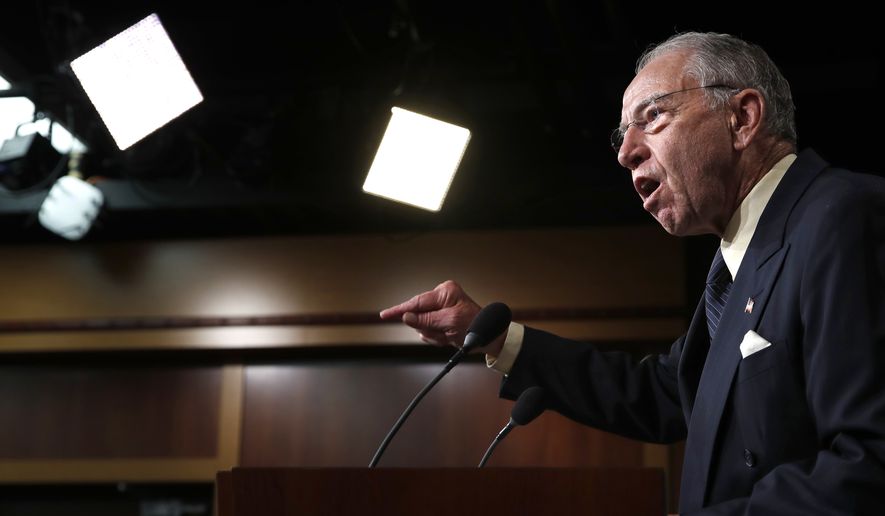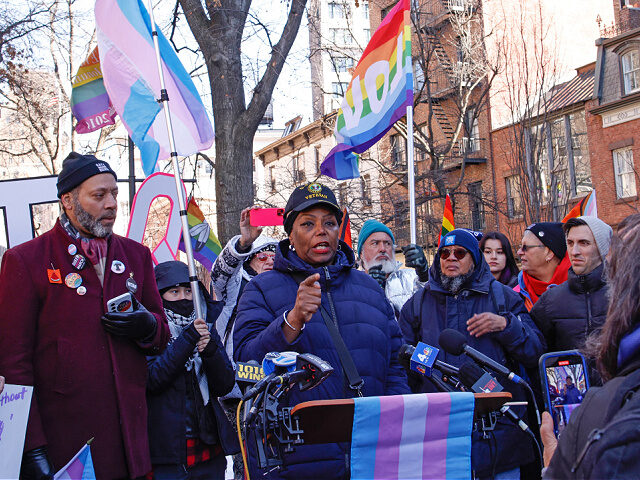Grassley unveils bill to limit reach of judicial rulings

Senator Grassley Proposes Bill to Restrict Judicial Overreach
On Monday, Senator Chuck Grassley (R-Iowa), who chairs the Senate Judiciary Committee, introduced a significant legislative proposal aimed at curtailing the expansive influence of judicial rulings. This move is part of a broader Republican effort to reform aspects of the judiciary deemed overreaching.
Details of the Proposed Legislation
The bill proposed by Senator Grassley seeks to ensure that judicial decisions are confined to the parties directly involved in the case. This means that any judicial order would not extend its effect to individuals who are in similar situations but did not participate in the lawsuit. Furthermore, the bill mandates that litigants must file class action lawsuits if they aim to secure relief for a broader group beyond the immediate plaintiffs.
This legislative proposal could drastically alter the landscape of numerous ongoing lawsuits, particularly those challenging policies from the Trump administration.
Context of Grassley’s Bill
The introduction of this bill comes amidst ongoing tensions between the White House and the judiciary, highlighted by a recent clash with U.S. District Judge James Boasberg. Judge Boasberg, an Obama-era appointee, issued a temporary order preventing the Trump administration from conducting deportation flights under the Alien Enemies Act, particularly targeting Venezuelan migrants. This act has been a point of contention, with the administration seeking to expel individuals linked to the Venezuelan gang, Tren de Aragua.
|
Senator Grassley criticized the current judicial status quo, stating, “For a number of years, but particularly in the last few months, we’ve increasingly seen sweeping orders from individual district judges that dictate national policy. Our Founders saw an important role for the judiciary, but the Constitution limits judges to exercising power over ‘cases’ or ‘controversies.’ Judges are not policymakers, and allowing them to assume this role is very dangerous,” he explained. His bill, dubbed the Judicial Relief Clarification Act, aims to provide “commonsense” solutions to prevent judges from issuing broad, nationwide orders that could usurp executive authority.
Opposition and Support
While many Republicans view the bill as a necessary step to rein in what they describe as ‘activist judges’, the proposal has faced criticism from groups like the American Civil Liberties Union (ACLU). The ACLU argues that injunctive relief serves as a critical check on potential executive overreach, protecting citizens from policies that could cause irreparable harm.
Despite these criticisms, the Trump administration and its supporters argue that limiting the scope of judicial orders to the parties directly involved in a lawsuit would prevent confusion in enforcement and uphold the integrity of the judicial system by keeping it within its constitutional bounds.
Implications of the Bill
If enacted, Grassley’s bill would amend the Administrative Procedure Act and the Declaratory Judgment Act, significantly impacting how relief is granted in lawsuits against administration policies. For instance, in the ongoing case regarding the use of the Alien Enemies Act, only the specific individuals who have filed the suit would be affected by any judicial order, rather than extending protection to others in similar situations.
Additionally, the bill proposes that temporary restraining orders, like the one issued by Judge Boasberg, should be immediately appealable, a change from the current practice where such orders are generally not subject to appeal. This adjustment could potentially fast-track the administration’s ability to challenge judicial decisions that it views as overstepping.
The House is set to consider similar legislation this week, indicating a concerted effort by Republicans to reshape the judicial landscape and assert more stringent controls over the issuance of nationwide injunctions.









No Comments